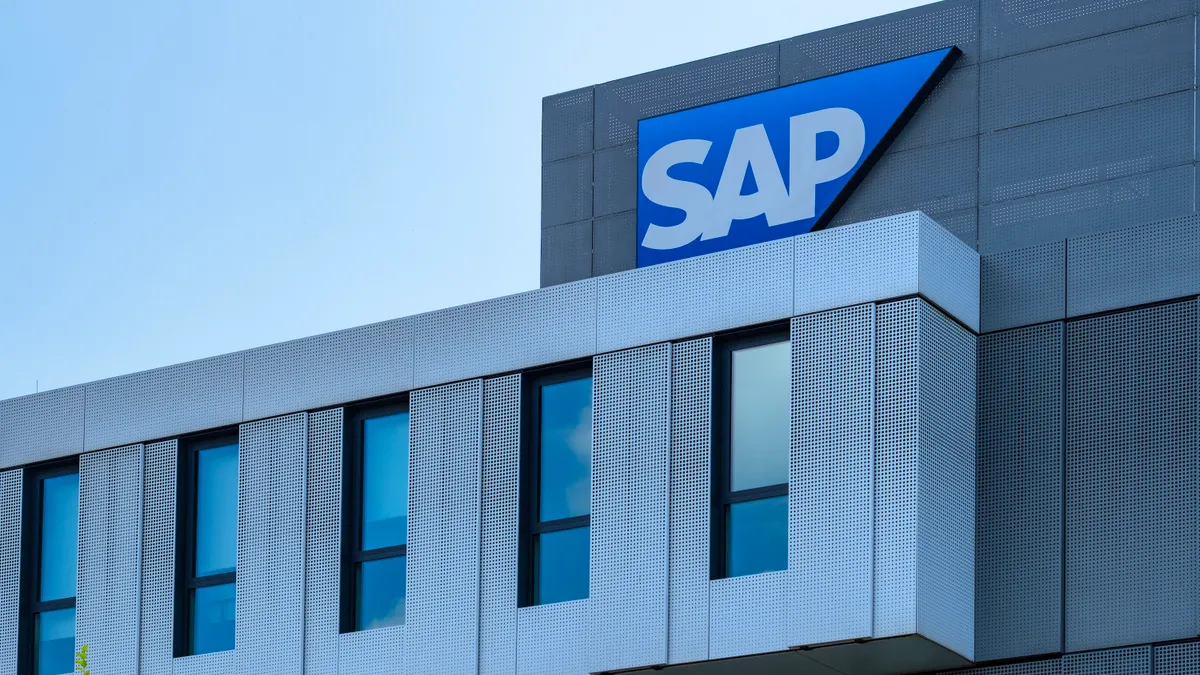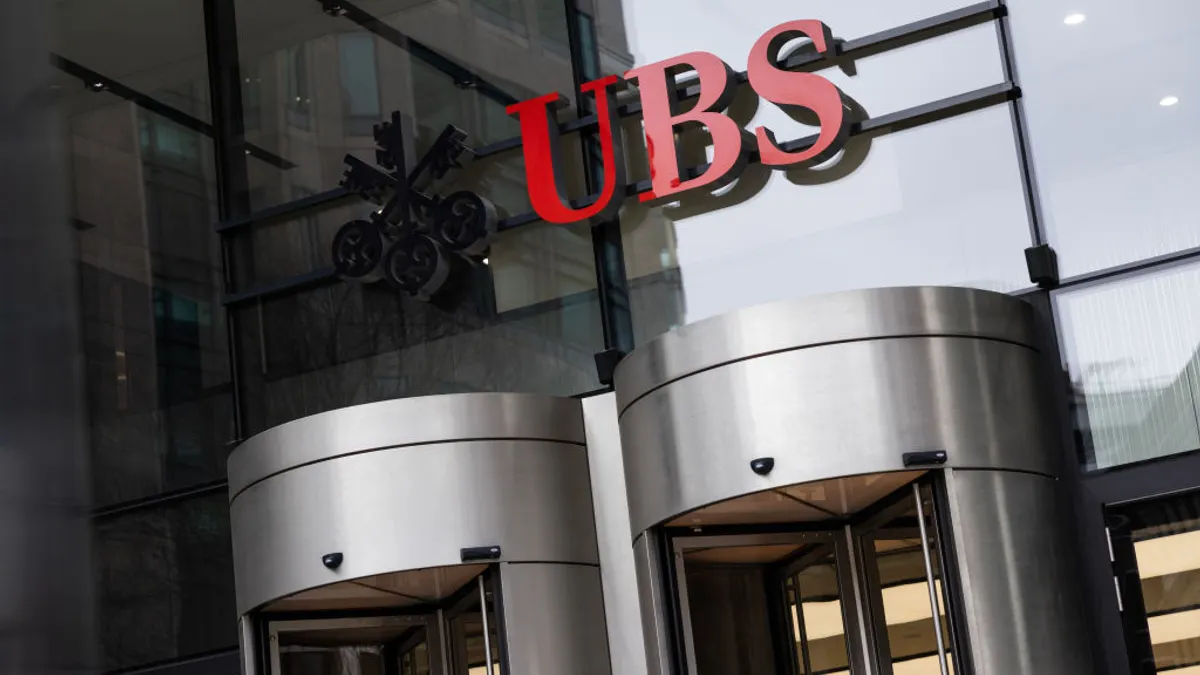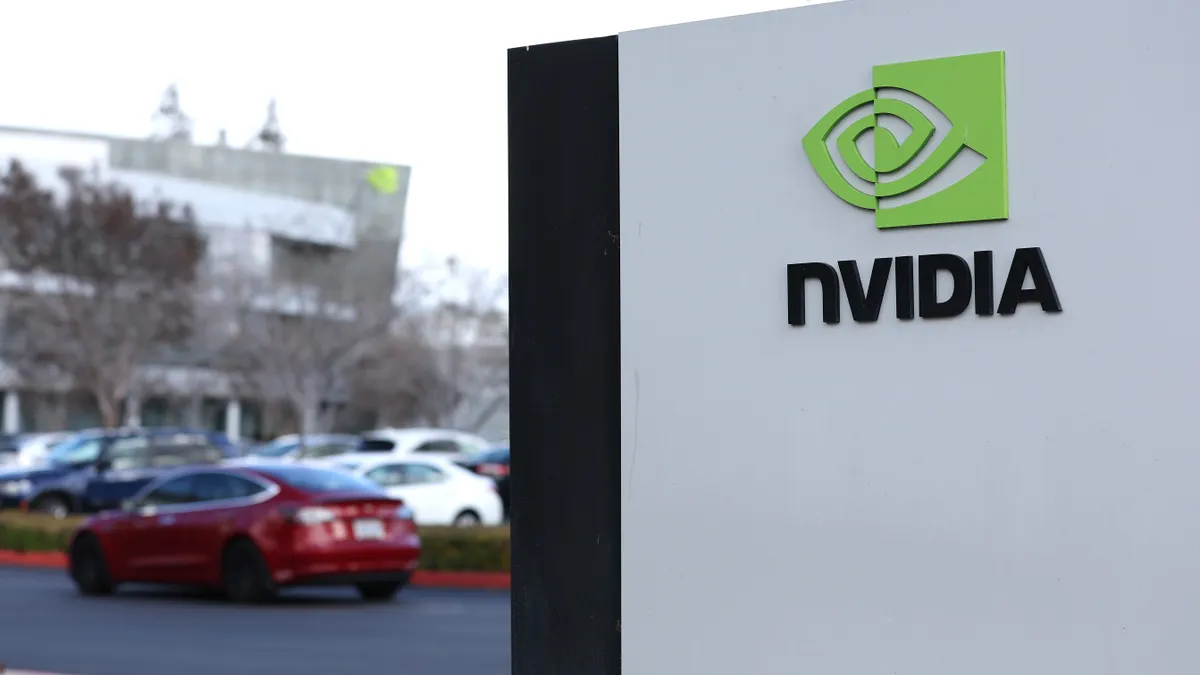Not every startup can be a unicorn on par with Slack and Airbnb, but every company has to start somewhere.
Fortunately, startups today benefit from a healthy investment environment. Equity financing for U.S. startups reached $19 billion spread across 1,207 deals in Q3, according to PricewaterhouseCoopers. The strong quarter saw 26 "mega-rounds" of $100 million or more in funding.
With so many startups crowding the business technology sector, it is often difficult to tell the promising from the not. Sometimes a $100 million funding round is a mark of true success, but other times it is filling a niche role for a critical technology or industry.
Here are five enterprise tech startups launched within the last five years worth keeping an eye on:
1. Particle
- Launched: 2013
- Founders: Zach Supalla and Zachary Crockett
- Funding: $35.8 million
- Area: Internet of Things
- Fun Fact: Supalla originally founded a company called Spark but changed the name to Particle in 2015 because there were 681 live trademarks including "Spark," which often led to confusion, according to a company blog post.
Particle offers businesses a one-stop IoT stack with hardware, software and services for companies to build, connect and manage IoT devices to bring to market. The company took to the cloud with a Google Cloud Platform partnership in 2016, extending a host of cloud data storage, Big Data analytics and machine learning capabilities to customers.
While Particle offers IoT developers unique projects such as a solar tracking backpack for outdoor cats and an internet-connected Pomodoro timer, it has found widespread use in the enterprise among 120,000 tech workers and enthusiasts.
Half of Fortune 500 R&D labs and 90% of Fortune 500 IT companies have brought the startup's products into business processes, and Particle brought in $20 million in Series B funding in July, according to a company announcement.
With the enterprise currently suffering from a dearth of IoT talent, Particle's offerings bridge the talent gap and provide businesses the technology to prototype IoT products.
2. Algorithmia
- Launched: 2015
- Founders: Diego Oppenheimer and Kenny Daniel
- Funding: $12.9 million
- Area: Artificial intelligence
- Fun Fact: Employees can bring their dogs to work and have full access to drinks and snacks of their choice.
Algorithmia offers more than 50,000 developers access to an open API with over 3,500 "algorithmic microservices" in an attempt to democratize and advance algorithmic intelligence, including AI algorithms, according to the company's website. The company has won a host of Big Data and top startup awards as it creates various algorithms users can take advantage of — including an eyebrow-raising image nudity detector, the top rated "Parsey McParseface" machine learning sentence analyzer and a deep learning image colorization tool.
Businesses can use the company's enterprise machine intelligence stack, CODEX, which includes virtual private cloud and on-premise offerings, algorithm architectures and platforms and support services. CODEX, a private cloud Algorithm as a Service solution, also runs across major cloud providers and OpenStack. Google's AI investment platform led $10.5 million in Series A funding for Algorithmia in June, according to a company announcement.
Democratized AI tools are steadily finding a foothold in the industry. AI data and algorithm libraries are crucial for companies who cannot afford a full AI team.
3. HackerOne
- Launched: 2012
- Founders: Alex Rice, Jobert Abma, Michiel Prins & Merijn Terheggen
- Funding: $74 million
- Area: Cybersecurity
- Fun Fact: Abma and Prins, two Dutch hackers, found security vulnerabilities in 100 high-tech companies, including Facebook, Google, Apple and Microsoft. They alerted executives, but were mostly ignored. Sheryl Sandberg, however, thanked them and connected them to Rice, who worked at Facebook at the time, reports The New York Times.
HackerOne offers companies a proactive approach to vulnerability coordination and bug bounties. To date, the company has assessed 919 programs, fixed 56,690 bugs and paid almost $22 million in bounties, according to its website.
HackerOne has led organized hacking events for the Department of Defense, Air Force and Army, and events collectively found hundreds of vulnerabilities, often in a matter of minutes and once at the hands of a teenager. The company hopes to continue making the internet a safer place and earn $100 million for its "ethical hackers" — a base it hopes to grow to 1 million — by 2020, according to an August announcement.
4. SnapRoute
- Launched: 2015
- Founders: Jason Forrester, Glenn Sullivan & Adam Casella
- Funding: $25 million
- Area: Networking
- Fun Fact: SnapRoute's founders, formerly members of Apple's networking team, reportedly left Apple because the company would not join the Open Compute Project and allow them to collaborate with outside engineers and developers, Business Insider reports. They formed SnapRoute shortly thereafter.
The company's goal is to free up operators by loosening the grip of vendor controls, streamlining code and opening up visibility into everything. FlexSwitch, SnapRoute's network software, is an alternative to traditional vendor switches that increased cost and complexity with endless configurations and it allows operators to separate hardware from software — a luxury once limited to tech giants like Amazon and Facebook, reports TechCrunch.
AT&T is one big company that has turned to SnapRoute's technology for hardware abstraction, according to a June AT&T blog post, and in October SnapRoute took over leadership of OpenSwitch, an open-source Linux-based network technology, formerly headed by HPE, according to Business Insider.
5. Twistlock
- Launched: 2015
- Founders: Dima Stopel & Ben Bernstein
- Funding: $30 million
- Area: Cybersecurity
- Fun Fact: Twistlock has an office in Israel, where both founders lived during their time at a Microsoft R&D center and in the Israel Defense Force's intelligence organization.
Twistlock harnesses machine learning and advanced intelligence to protect container security platforms from security threats like malware and exploits, according to the company's mission statement. The end-to-end solution offers automated security, such as firewalls and runtime protections, vulnerability assessments and compliance controls across APIs.
Secure containers offer companies app-centric customization, immutability, simplicity and built in, dynamic security, according to Brendan Hannigan, chairman of Twistlock, in a LinkedIn post. Twistlock is looking to reinvent security through cloud containers and DevOps, Hannigan said.




















